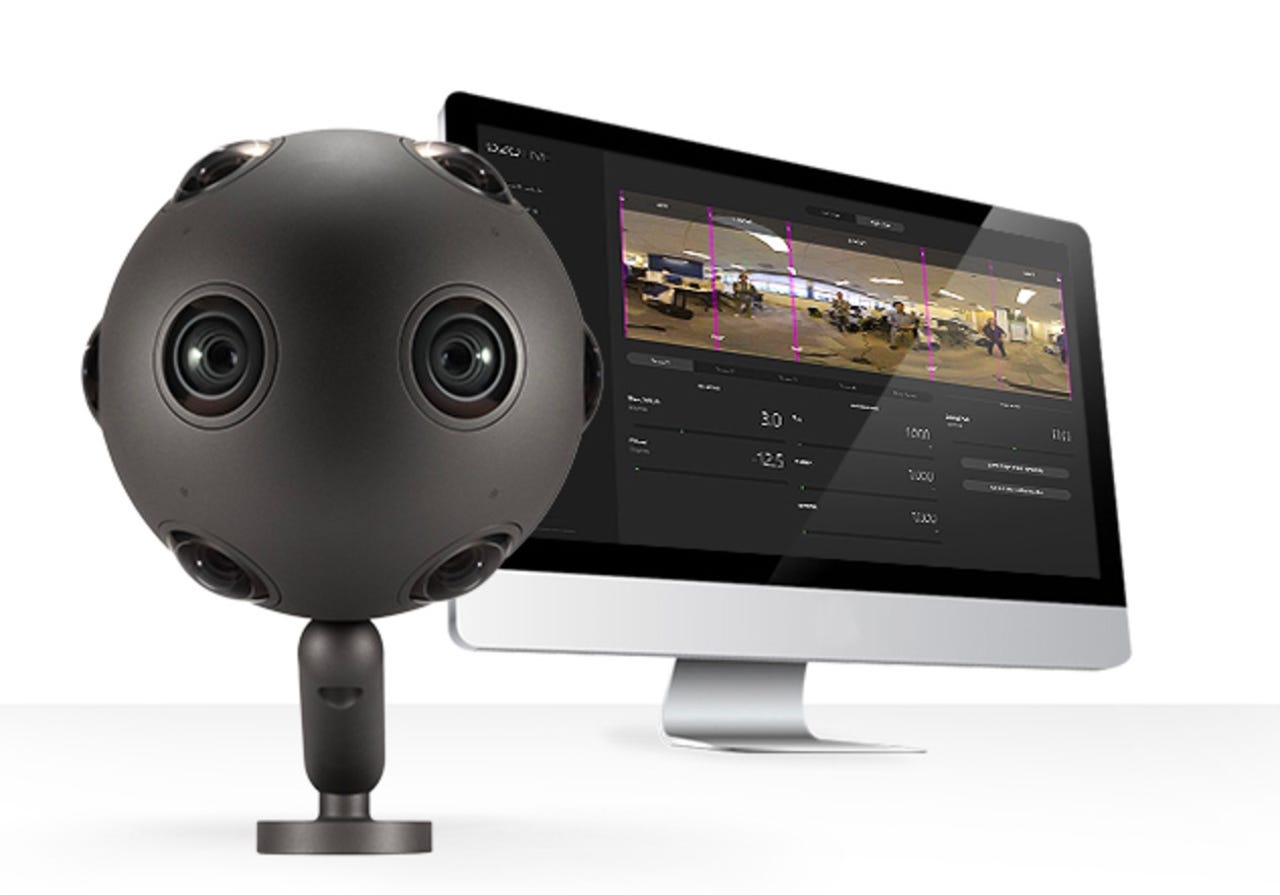Nokia axes employees to refocus business, stops OZO VR camera development


Nokia has revealed plans to axe hundreds of employees to reshape the company's business strategy towards digital healthcare, patents, and virtual reality.
On Tuesday, the Helsinki, Finland-based firm said up to 310 out of roughly 1090 employees in Nokia Technologies will be impacted, and staff levels will be reduced mainly in Finland, the US, and the UK.
However, negotiations on reducing staff numbers and costs must start the process, and so talks will soon begin in Finland.
Featured
In order to justify the cuts, the electronics giant says that changes have to be made to "sharpen the focus of Nokia Technologies on digital health, and accelerate growth in that market."
Nokia also wants to "optimize" investment in virtual reality (VR), however, not necessarily by creating VR products itself. The company says that the VR market has grown more slowly than expected, and as a result, investments will be cut, and the development of the OZO VR camera and hardware will stop.
The OZO camera was Nokia's big bet in the VR market. The camera, coming in at a steep $45,000, was launched in 2015 as the first product after the sale of the firm's handset business to Microsoft.
While the sleek, professional product is able to produce virtual reality and mixed reality footage for videographers, it appears that muscling into the VR market with a premium product has not proved to be the beacon of future success in the VR market for Nokia, cast adrift in identity after failing in the smartphone industry.
There's good news for existing OZO users, however, as Nokia promises that existing commitments will not be impacted.
However, there's little balm for the employees soon to be axed. Nokia says it needs to focus less on VR products and more on "technology licensing opportunities," in other words, patent licensing deals, alongside an "increased focus on digital health and brand and technology licensing."
Nokia's patent business is a successful core part of the business, and so will be left untouched, likely to the relief of investors. However, the company plans to build on digital health and try that avenue for profit, building on the acquisition of activity tracker and health-monitoring device company Withings for €170 million last year.
"Nokia Technologies is at a point where, with the right focus and investments, we can meaningfully grow our footprint in the digital health market, and we must seize that opportunity," said Gregory Lee, president of Nokia Technologies. "While necessary, the changes will also affect our employees, and as a responsible company we are committed to providing the needed support to those affected."
Previous and related coverage
Nokia seals deal to buy Withings, opening up new digital health business
Nokia's return to the consumer tech business gathers momentum.
Nokia is buying smartwatch and health-tracking company Withings for €170 million
French health gadget maker, best known for its smartwatches and fitness trackers, will become part of the Nokia Technologies business.
Nokia's vision for digital health: From AI analytics to connected hairbrushes
Nokia bought French health device manufacturer Withings earlier this year to take on the IoT healthcare market. What's next for the company?